Being that April is Financial Literacy month, we wanted to keep things in the spirit of Crypto literacy. Though this is by no means an exhaustive list of all crypto terminology, hopefully this will get you started and provide a springboard into your continued education in the crypto ecosystem.
Address – An address is an alphanumeric identifier providing a virtual location to where cryptocurrency transactions can be sent. They are intended to be single use and only refer to the destination of a transaction, not where it came from.
Block – A file with information on a group of transactions completed during a given time period. Blocks are the constituent parts of a blockchain.
Blockchain — A system in which a record of transactions made in bitcoin or another cryptocurrency are maintained across several computers that are linked in a peer-to-peer network — a ledger that tracks assets. It’s the basis for all cryptocurrencies, such as Bitcoin, Ethereum, Litecoin, Polygon, etc.
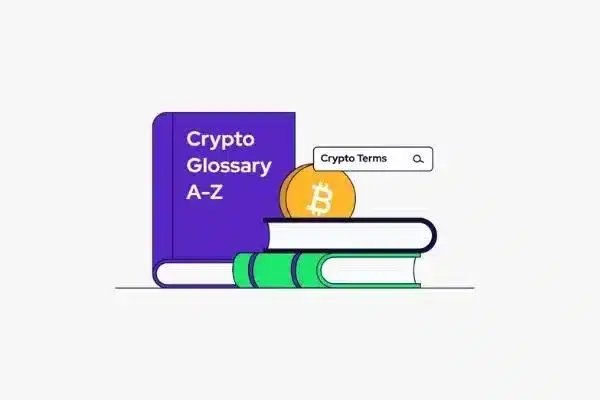
Burn — The process of purposely and permanently removing a token, whether NFT or coin, from circulation.
DAO — A Decentralized autonomous organization; a blockchain-based organization where all involved can have ownership and engage in decision-making, acting as a form of a venture capital fund.
DAPP — A Decentralized Application; an application that can operate autonomously, typically through the use of smart contracts, running on a decentralized computing system. Like traditional applications, DApps provide some function or utility to its users.
DEFI — Decentralized Finance; an emerging financial technology system that removes the control banks and institutions have on money, financial products, and services.
FIAT Currency — A term for government issued currencies, like the US dollar or any currency controlled by a central authority.
Gas Fees — A transaction or contract fee that all users must pay in order to perform any function on the Ethereum blockchain.
HODL — Hold on for dear life! Legend has it, HODL was a typo of an analyst’s recommendation to HOLD bitcoin. The bitcoin maximalist community adopted the acronym as their own with the sentiment of never selling bitcoin, holding on to it for dear life. It has now colloquially come to mean holding crypto for the long term.
Layer 1 — Refers to a base blockchain network and its underlying main infrastructure. Bitcoin, Litecoin and Ethereum are examples of Layer 1 blockchains. They have the ability to validate and finalize transactions and provide the infrastructure and consensus for Layer 2 projects built on top of them. Put simply, Layer 1 refers to a blockchain network.
Layer 2 — Layer 2 networks extend the functionality of their Layer 1 counterparts to increase network programmability, performance or reduce transaction fees. For example, Polygon is a layer 2 network used by developers to decrease transaction times and fees associated with the Ethereum network.
Layer 3 — Refers to the layer that hosts DApps and the protocols that enable the apps.
Mining — The process where blocks are added to a blockchain, verifying transactions, also how new bitcoin or some altcoins are created.
Node — The most basic unit of blockchain infrastructure that stores data.
NFT — Non Fungible Token; a unique digital object that confers ownership of a virtual good, like a piece of digital artwork or an online collectible.
Permissionless — Refers to open networks available to everyone to participate in the consensus process that blockchains use to validate transactions and data. It is often used to describe blockchains, a system where no entity can regulate who uses it and how it gets used.
Proof of Work (POW) – Proof of work is the original consensus mechanism, first used by Bitcoin, that requires computing and network processing power to solve computationally intensive puzzles to validate transactions and create new blocks.
Proof of Stake (POS) – Is a consensus mechanism for processing transactions and creating new blocks in a blockchain. With POS, cryptocurrency owners validate block transactions based on the number of coins a validator stakes.
Seed Phrase — A seed phrase is a series of 12 words generated by your cryptocurrency wallet that give you access to the crypto associated with that wallet. Seed phrases are used like a master password to access non-custodial or cold wallets and spawned the popular phrase “Your keys, your crypto.”
Smart Contract — A self-executing contract with the terms of the agreement between buyer and seller being directly written into lines of code.
Stablecoin — A cryptocurrency with extremely low volatility, that has its market value pegged to some external reference such as the USD.
Staking — A way of earning rewards for holding certain cryptocurrencies.
Sweep the Floor — Buying NFTs in bulk at the floor or base price.
Token — A digital representation of an asset. This could be a native digital asset, or represent a credit for “work” performed, such as mining. Tokens are not cryptocurrencies themselves, but are issued from smart contracts built on existing cryptocurrency networks.
Trustless — Refers to the system where you don’t have to trust a bank, a person, or any other intermediary to facilitate crypto transactions.
Wallet — They store your private keys, keeping your crypto safe and accessible. They also allow you to send, receive, and spend cryptocurrencies like Bitcoin and Ethereum.
Cold Wallet — Stores digital assets off-line with a seed phrase making them secure from bad actors but more difficult to use. If a seed phrase is lost or misplaced, it cannot be recovered.
Hot Wallet — Stores your digital assets online, making them more easily accessible but also more susceptible to hackers.
Web3 – Refers to the new-age internet, one that is being built with decentralized blockchains.
Whale — An individual, institution, or exchange that holds significant amounts of tokens of a particular cryptocurrency.



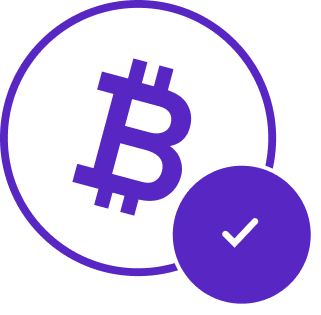
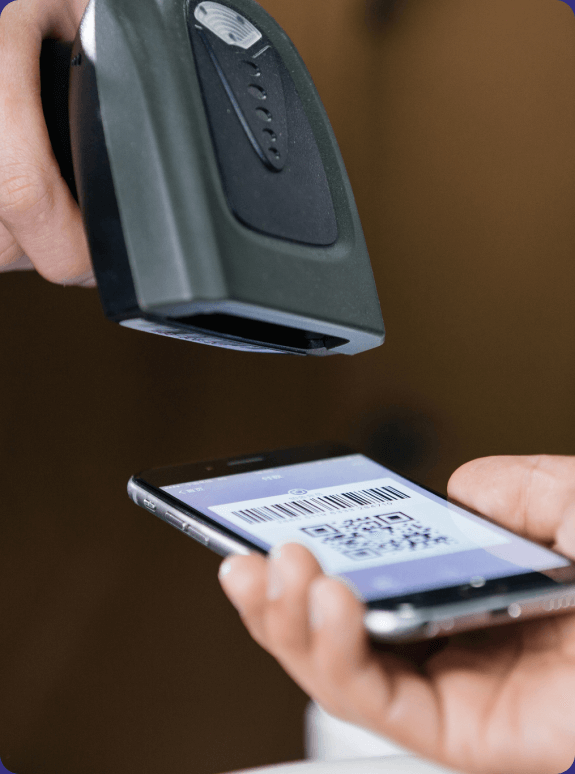
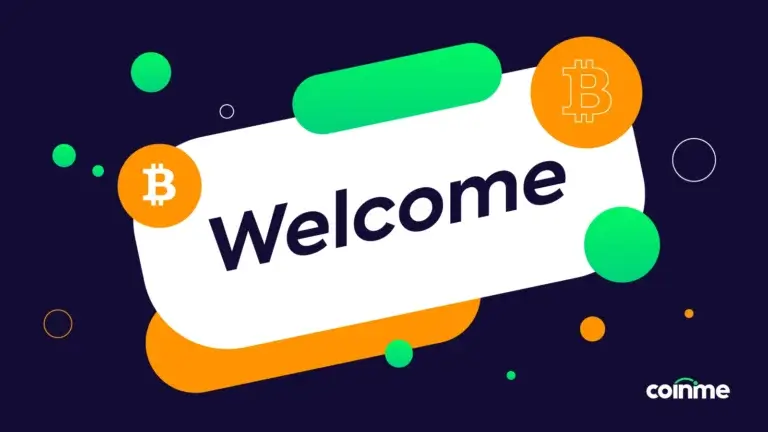
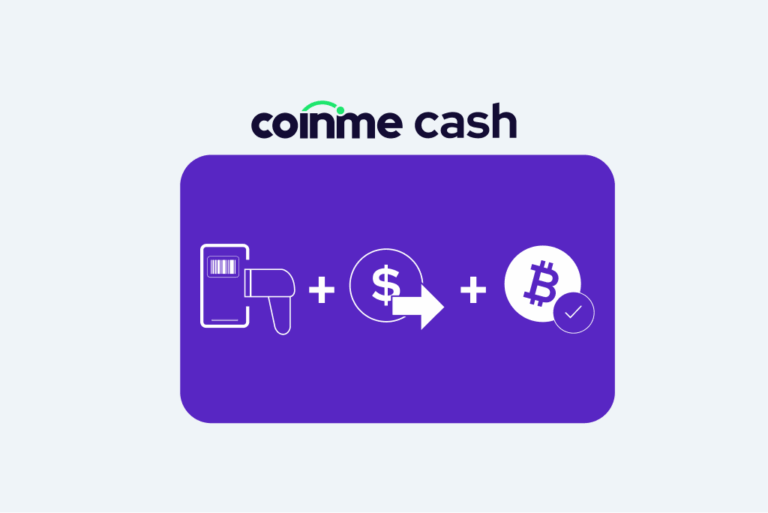
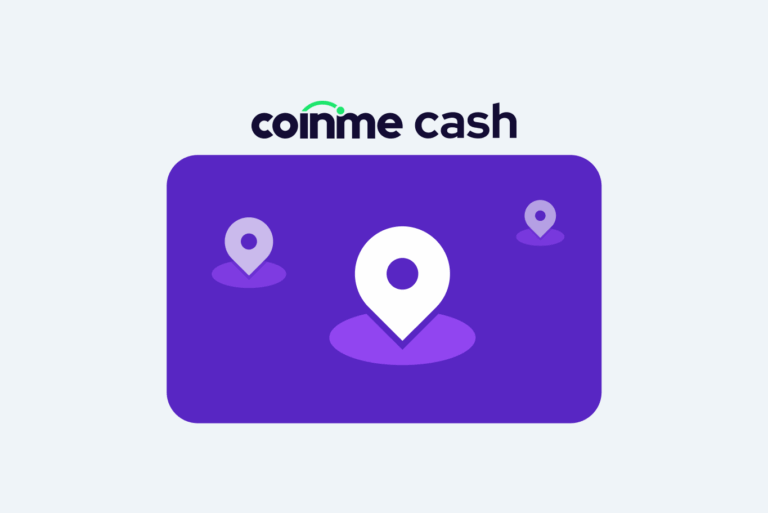
 Labs is acquiring Coinme to power the Open Money Stack.
Labs is acquiring Coinme to power the Open Money Stack.